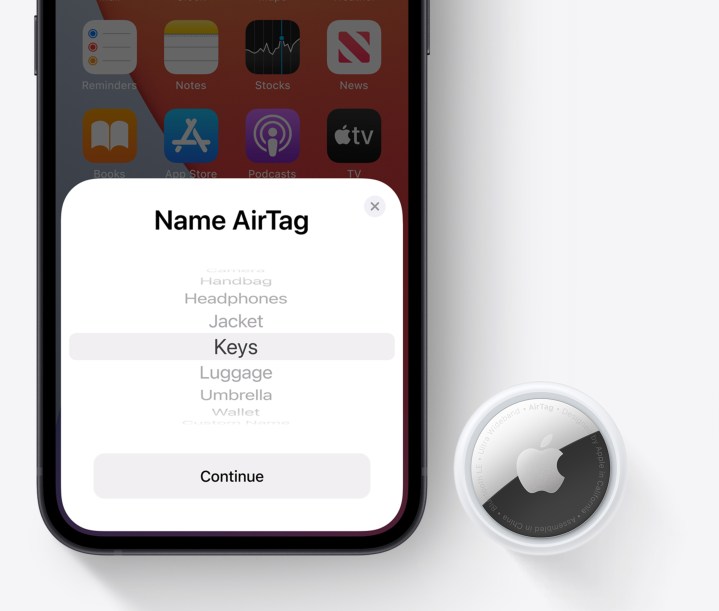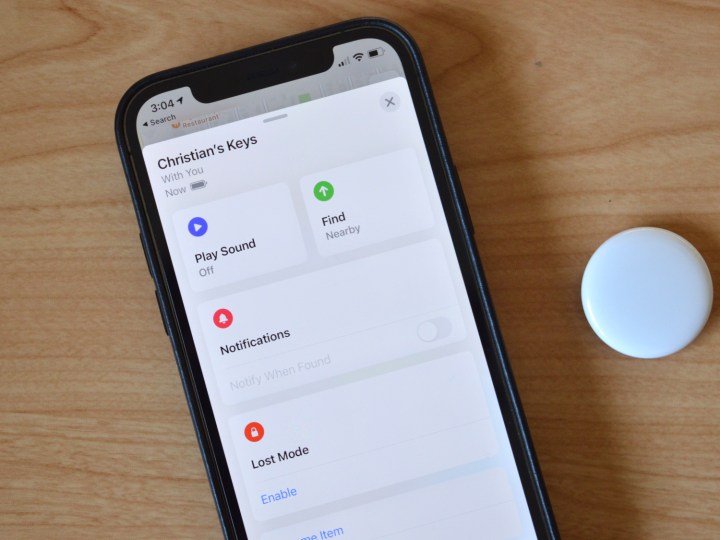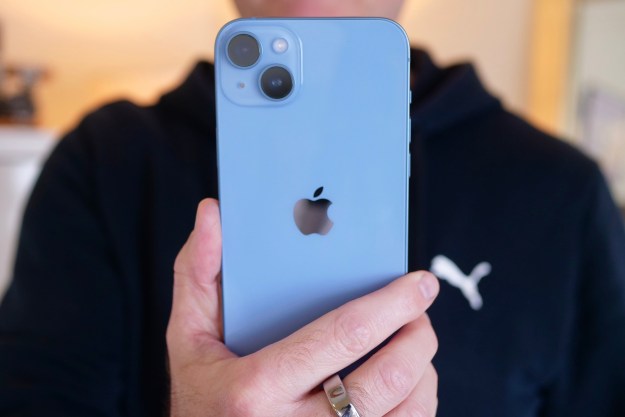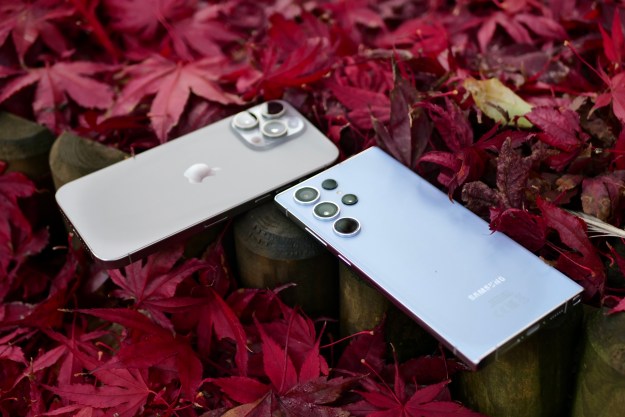Apple and Google are partnering to develop a new standard for Bluetooth tracking devices that seeks to stop malicious stalking and other abusive use of gadgets like the Apple AirTag. Essentially, this would be a universal, OS-level tracker detection and alert system that will work uniformly across Android and iOS. The two companies are inviting stakeholders to review the proposal and submit their feedback within the next three months.
Once the feedback period is over, all the involved parties will work together to finalize the technical standardization, with the hope of releasing a market-ready version by the end of the year. Following the release and adoption by makers of tracking devices, the tech will be generally made available via a software update for Android and iOS devices.
Better late than never

The initiative is remarkable, and at the same time, comes a tad too late. One of the biggest problems with tracking devices like AirTag is their weaponization for all kinds of bad deeds — from secretly tailing a partner or acquaintance to stealing cars. But it wasn’t the mere abuse potential and a few device shortcomings that gave AirTag notoriety. Some aspects were actually beyond Apple’s control.
In the initial phase following its release, AirTag had inadequate safeguards for people using Android devices, leaving them at the mercy of a bad actor. To recall, ever since Apple launched the AirTag, there have been multiple reports of bad actors abusing the tracking device for everything from car theft to spying on their partners. The risk factor only elevated further if the victim had a non-Apple device in their possession.
Apple eventually fixed some of those flaws, but there was still a gulf of non-uniform safety features between those using an Apple device and folks loyal to Android phones. Needless to say, there is a dire need for a standardized cross-platform protocol for Bluetooth-enabled tracking devices to level the playing field.
Why this matters to you

Google and Apple are now doing the needful with an industry specification that will “allow Bluetooth location-tracking devices to be compatible with unauthorized tracking detection and alerts across iOS and Android platforms. To put it in simple terms, users will get the same kind of alerts and mitigation remedies for a covertly placed Bluetooth tracking device on their phone — irrespective of whether it is running
Apple’s press release says some big names in the game — such as Samsung, Tile, Chipolo, Eufy Security, and Pebblebee — have already expressed willingness to embrace the new tracking and alert specification. Once the draft has been finalized, the manufacturers will be able to bake the tech into their own lineup of object, pet, and person-tracking devices.
“This new industry specification builds upon the AirTag protections, and through collaboration with Google results in a critical step forward to help combat unwanted tracking across iOS and Android,” Apple executive Ron Huang was quoted as saying. In addition to device manufacturers and OS gatekeepers, advocacy groups like the National Network to End Domestic Violence, the Center for Democracy & Technology, and the Internet Engineering Task Force.
Apple has already been the subject of a legal tussle over unauthorized AirTag deployment. Standardizing the detection and alert system won’t necessarily solve the current wave of legal woes, but it at least gives a glimpse of a safer future for consumers where they don’t have to worry about their phone’s OS to avoid becoming the next victim of stalking or asset theft.
Editors' Recommendations
- AirTags range: here’s how far the tracker can reach
- The most common Skype problems and how to fix them
- There’s a big problem with the iPhone’s Photos app
- When will Apple release iOS 18? Here’s what we know
- Everything you need to know about the massive Apple App Store outage




